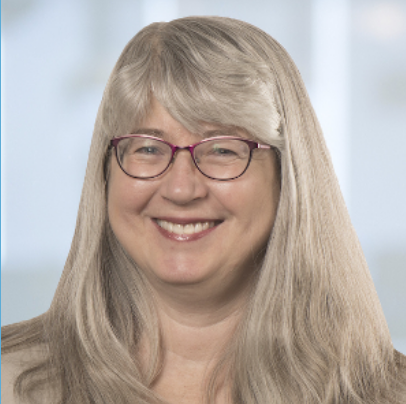
By Hazel Corcoran
2022 Conference / Justice, Equity, Diversity, Decolonization and Inclusion (JEDDI) Social Acquisition Project / Staff Anti-Racism Training / Worker Co-op Academy
CWCF has embarked on a busy fall, a highlight of which will be our upcoming Conference, Collective Power, November 17-19, in Vancouver. We continue to confirm speakers and other details with each passing day, and look forward to adding registrants to this list as well! You’ll want to check out our program, which highlights the networking opportunities, workshops, and intensives we’ll be offering, and browse our list of presenters. And after doing that, don’t miss the chance to register for our early bird member rate of just $175 (ends September 29). It is also possible to participate in many of the sessions virtually, for which registration is also required. See this link for registration.
In other exciting news, CWCF is pleased to launch the Justice, Equity, Diversity and Inclusion (JEDDI) Social Acquisition project at the end of this month. This project, funded by an Investment Readiness Program Ecosystem Builders’ grant, is a continuation of the work of the University of Waterloo’s Legacy Leadership Lab (L3), whose final report is available here. The JEDDI Social Acquisition project is focused around promotion and networking of the conversion opportunity to co-operatives and other social purpose organizations with a focus on equity-deserving groups especially women, BIPOC, youth, and people with disabilities. It will also promote these opportunities among service providers.
As another part of CWCF’s ongoing work in implementing our racial justice action plan, CWCF staff recently participated in an anti-racism, anti-oppression training session, From Ally to Accomplice: Recognizing and Leveraging your Social Location. Presented by Challenge Accepted, this training offered a look at the history and continuing presence of oppression in Canada. The formal co-operative movement in this country has not always been welcoming to equity-deserving groups such as BIPOC people. On the other hand, other co-ops including informal ones were often a tool of resistance by BIPOC communities in the face of injustice. There is a lot of work to be done in creating a safer and more inclusive world for all, and we need to help realize this vision by practicing active allyship, building and deepening relationships, and seeking systems change.
Finally, CWCF has begun the second iteration of our Worker Co-op Academy. We’re fortunate to once again have veteran co-op developer Russ Christianson as our lead instructor, assisted by a team of mentors. Our three member groups will be moving through the program in phases, a change we made after the first Academy, and we’re sure that our experience with this cohort will offer us ideas to further refine this program. Anyone who might be interested in participating in the Academy in the future is invited to join us for our upcoming What Is a Worker Co-op? session October 12.